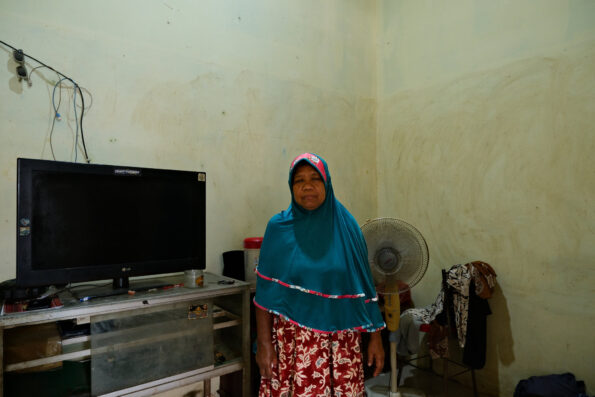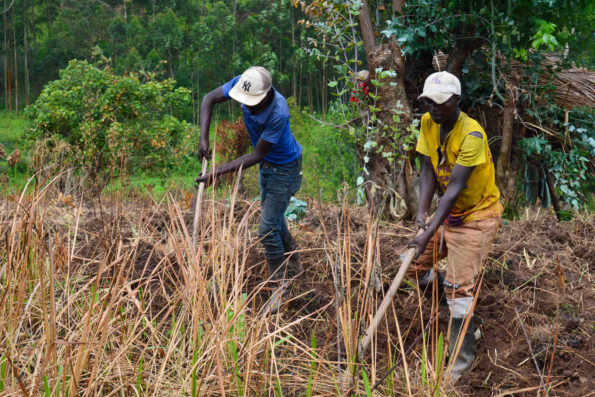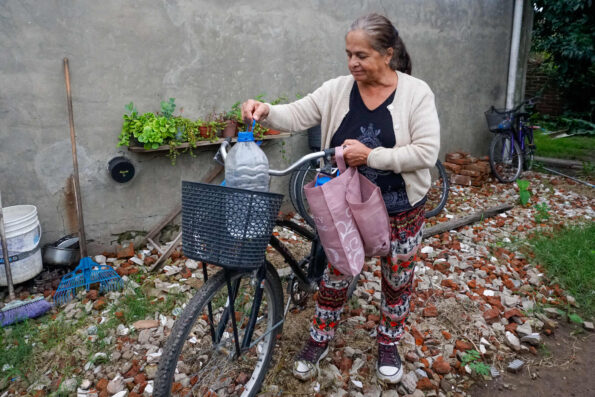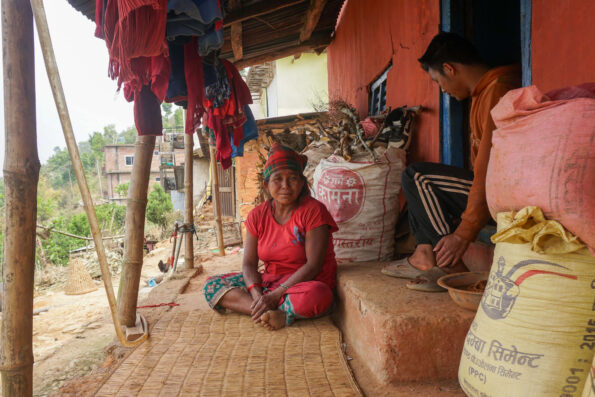
About half of Africa’s countries have banned all or some of the thin plastic bags that are widely blamed for endangering marine life, clogging drainage systems and contributing to greenhouse gases, among other problems. In some countries, including Uganda, enforcement officials stage raids to seize the bags, shaming the ban violators on social media. In Rwanda, bag smugglers are forced to shred the plastic if they’re caught with it at the border.
But experts say even the strictest plastic bag bans don’t guarantee a cleaner environment.
“What we know about what’s going into the ocean is quite limited,” says Kara Lavender Law, a principal investigator at Sea Education Association, a Woods Hole, Mass.-based group specializing in ocean studies. “And we don’t have any sense of what percentage of plastics in the ocean started out as a plastic bag.”
For many countries, it’s tough to determine even what’s present on land. Rwanda has been praised globally for its strict bag ban, but smugglers routinely carry plastic bags in from neighboring Democratic Republic of Congo. In some countries, such as Nigeria, bans were announced and it is unclear what happened next. There’s little verifiable data about the bans, including whether they’re being enforced and why lawmakers voted to enact them.
There’s international pressure to ban the bags. Achim Steiner, executive director of the United Nations Environment Program and a U.N. under-secretary general, said of the bags in 2009, “There is simply zero justification for manufacturing them anymore, anywhere.”
For some countries, the bans are a way to become more environmentally sustainable, which is one of the Millennium Development Goals (MDG) set by the U.N. in 2000 to address poverty, healthcare deficiencies, environmental challenges and other problems by the end of 2015. The seventh goal is to ensure environmental sustainability.
Countries that are working toward the goals get an influx of cash assistance. The U.N. estimated it would cost $135 billion just for low-income countries to meet their goals. That estimate assumed a combination of domestic and international funding. Those countries also received other financial benefits, including zero interest on loan payments via the International Monetary Fund.
Rwanda names its ban on plastic bags as a key driver toward meeting its environmental sustainability goal in one government report. The country was named a global host of World Environment Day in 2010, in part because of its bag ban.
There aren’t many academic studies about the bans. That’s in part because many of the bans are relatively new, says Johane Dikgang, a lecturer and researcher at the University of Johannesburg. Dikgang in 2010 published an in-depth study of plastic-bag policies in South Africa and Botswana, which include bans on thin bags and fees for thicker bags.
The initial policy in South Africa, established in 2003, required retailers to charge the equivalent of about 5 cents per bag, Dikgang says. That was effective in sharply reducing the use of plastic bags, he says, but bag manufacturers suffered and legislators worried that job losses would soon follow. The government adjusted by halving the cost per bag, and the use of bags is rising again, Dikgang says, though not to the levels before the ban was enacted.
The ban was instrumental in curbing litter, he says.
“You don’t see bags lying around anywhere,” he says. “So the problem is definitely addressed, at least from the littering point of view.”
Even so, plastic-bag bans might not do much for the global environment, says Law of Sea Education Association. The mass of plastic entering the ocean probably isn’t significantly diminished by bag bans, she says. And recycling the bags isn’t necessarily the answer, because thin plastic gums up recycling machines that aren’t specially designed for that material.
But if a plastic-bag ban gets people to think more about how they use and dispose of plastic bags, she says, then the bans are a good thing.
“Getting people rallied around a bag ban could be a net positive because they’ll ask questions about what they can do in other areas of their lives to help the environment,” she says.







